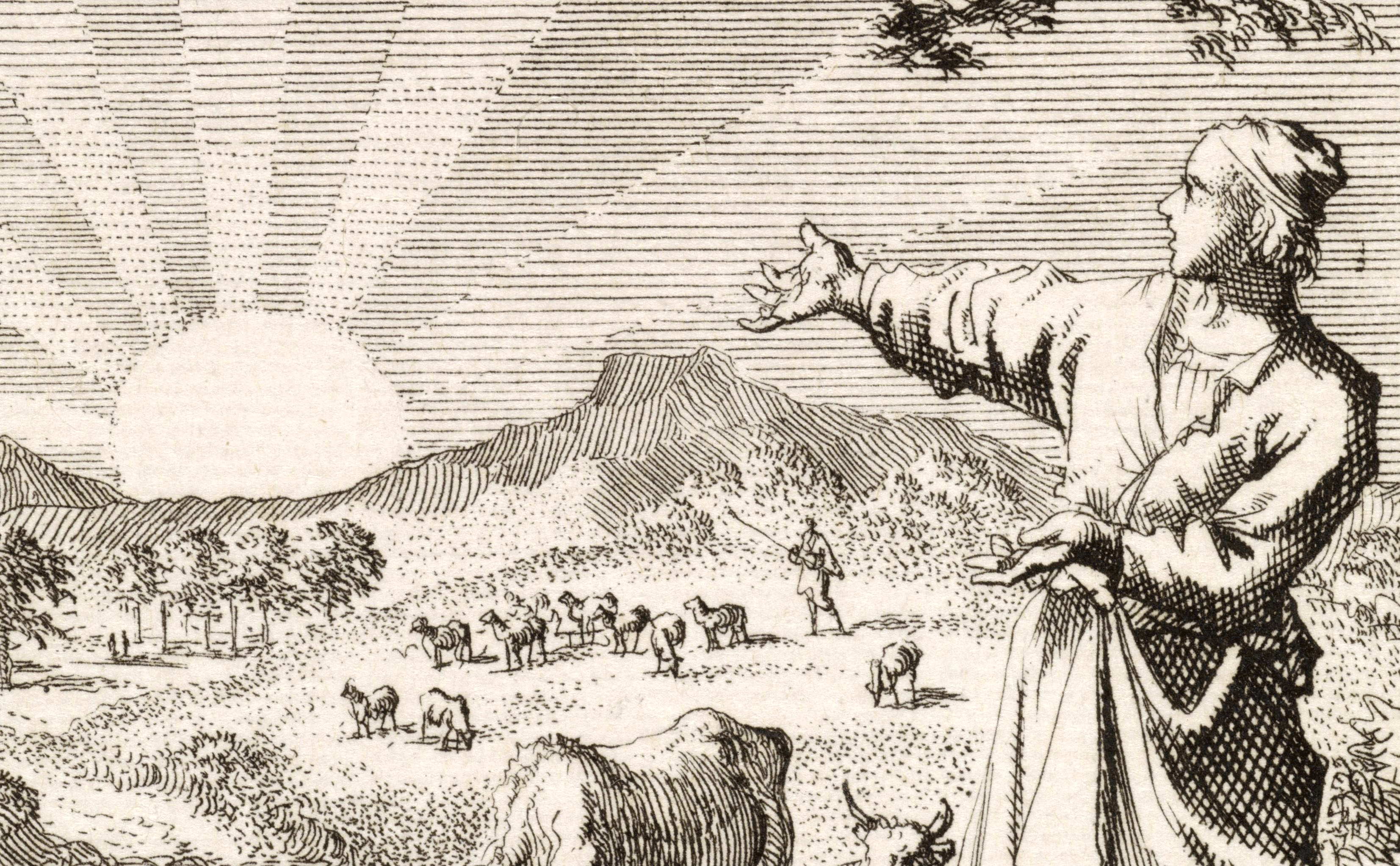
Amazon’s purchase of Whole Foods has certainly been befuddling. The finance folks can’t fit this into their mergers-and-acquisitions typologies. Retail watchers see this as another curve in traditional retail’s breathtaking death spiral. But even this is confounding — as brick and mortar shuffles off this mortal coil, the world’s largest online retailer buys a large and highly visible store chain. Some describe this as an overreach, typical digital hubris. Like all digital giants of the 21st century, Amazon buys pretty things to bolster its business mission. And so quick bright things come to confusion.
But the move makes sense when we recall that Amazon is, essentially and always, a digital company. We are at the dawn of the age of digital companies and this is what we see: an age built around the pillars of customer centrism, rapid experimentation, and imagination. This is usability studies as a blueprint for civilization. In this age, experience is the service, empathy is the skill, and data is the currency.
The New York Times gets it right: “In Whole Foods, Bezos Gets a Sustainably Sourced Guinea Pig.” The article explains that Amazon can now “tinker” with how we buy groceries. This may include cashless checkout, algorithmic recipe suggestions, or filling food deserts with rapid delivery of essentials — who knows? This sort of open-ended experimentation is how we got to this hyperlinked reality to begin with. Amazon (and Google and Walmart and others) are now just doing it at scale. In the tinker economy, the winners are those who embrace experimentation.
As a strategy, experimentation and imagination, if properly grounded in the arts and sciences, can be a means to humanize the future as it happens. These, plus a healthy dose of daydreaming, are a means to get the poet in the room, as Norman Cousins argued in his essay “The Poet and the Computer.” Imagine a mini MIT Media Lab running inside companies large and small. We’d get more cool things like Sony’s Koov blocks, X’s Project Loon, or Eone’s Bradley wristwatch.
In a 2016 letter to shareholders, Jeff Bezos describes an Amazon that stays on “Day One.” Day Two is static, process-oriented, myopic. As a Day One company, regardless of size or market cap, Amazon retains the hallmarks of a scrappy digital contender: customer-centric, experimental, and long-sighted. In this light, buying Whole Foods makes perfect sense.
We are all digital companies now. As such, we can all benefit from an open embrace of experimentation and imagination. Clearly, we all can’t afford to experiment by buying up pieces of civilization and playing with them. But what scales up must scale down — this all started in dorm rooms, garages, and labs.
And it’s still day one.
